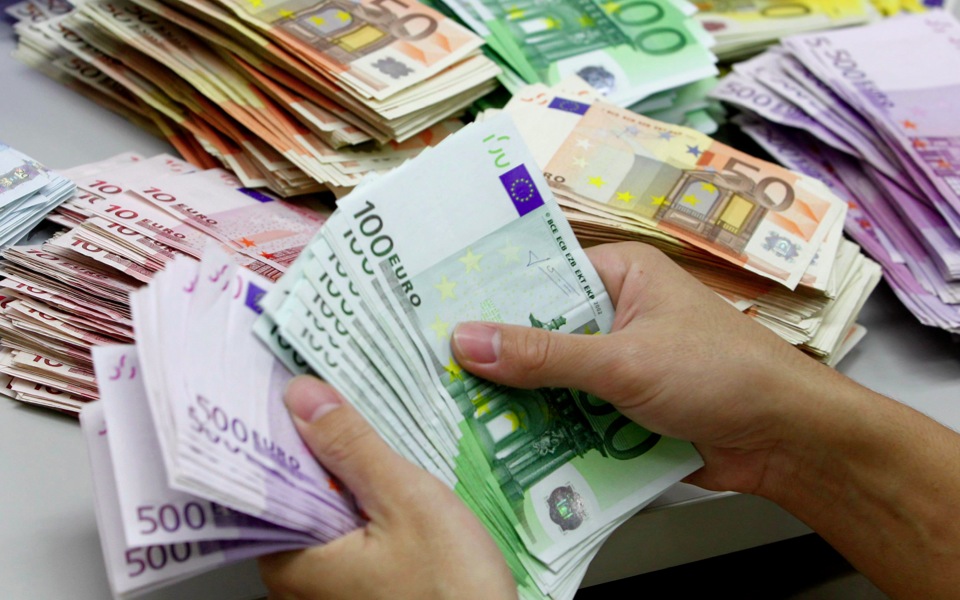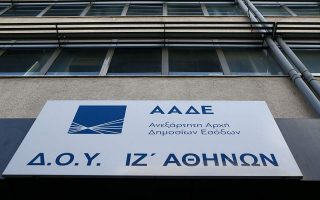Recovery plan’s timetable
The draft to be submitted to Brussels next month will include 118 projects and 64 reforms

The national recovery program that the government will submit to the European Commission in mid-April so as to claim the grants of the Next Generation EU fund, amounting to over 18 billion euros, contains a list of 118 projects and 64 reforms. Another €13 billion will come from Brussels in the form of loans, destined to finance private investments.
The timetable agreed yesterday at an inner cabinet meeting provides for Alternate Finance Minister Thodoros Skylakakis to present the draft to the cabinet on Monday, followed on Wednesday by its formal announcement by Prime Minister Kyriakos Mitsotakis. That will be a summary of 100 pages with all the projects, the reforms and their budget. The full text to be submitted to Brussels is close to 2,000 pages.
In the week starting on April 5, the plan will be presented to Parliament, before a two-month process begins in Brussels with negotiations with the Commission until a first disbursement is implemented, amounting to 13% of the total resources – i.e. some €2.3 billion; this is the amounted included in the 2021 state budget.
In the meantime the projects will begin on national funding: Sources say that after vouchers are handed out for the purchase of tablets for children’s online education – amounting to €112 million according to Education Minister Niki Kerameus – the first training programs by the Labor Ministry will start – amounting to €200-300 million.
On the other hand, the Commission is still delaying its approval for the Greek proposal regarding the utilization of the loans package for private investments, covering 50% of their budget. Government officials say the proposal has received a provisional nod, but a staff meeting is still pending for the negotiation to be sealed. Interestingly, the loans will be disbursed in tranches of €100 million to banks, with each tranche arriving as soon as the previous one has been absorbed.
The plan will have a macroeconomic effects analysis attached to it, currently being prepared by the Bank of Greece, along with sustainability estimates by PricewaterhouseCoopers and cost assessment by Grant Thornton.





